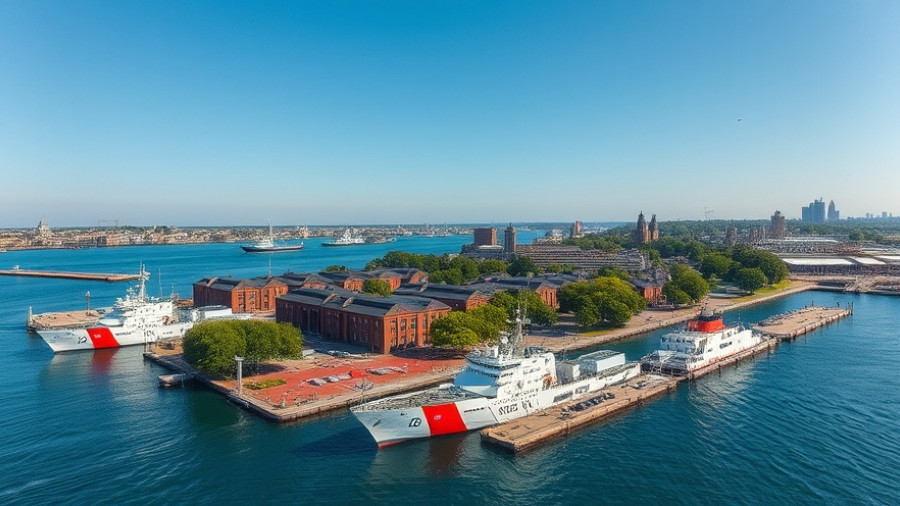
The Impending Surge of Federal Agents: A Closer Look
As the political landscape in the U.S. shifts, the deployment of federal agents to San Francisco raises alarm bells among local officials and residents alike. Over 100 agents from U.S. Customs and Border Protection are set to arrive at the Coast Guard base in Alameda, ostensibly to enforce immigration laws and bolster security along the nation’s borders. This move, interpreted by many—including San Francisco Mayor Daniel Lurie—as an attempt to incite chaos and violence, signals a troubling escalation in the ongoing tensions surrounding immigration policy.
A Call for Stability Amidst Controversy
Mayor Lurie, alongside California Governor Gavin Newsom, has vehemently criticized the federal government’s plans, arguing that they are designed to provoke unrest rather than address genuine safety concerns. "In cities across the country, masked immigration officials are deployed to use aggressive enforcement tactics that instill fear, so people don’t feel safe going about their daily lives,” Lurie states. This sentiment resonates with many community members who fear the ramifications such actions could have on their daily life and communal stability.
Underlining Facts: A Crime Rate at Record Lows
Contrary to President Trump's persistent narrative of rampant crime in the city, factual data indicates that many crime categories are experiencing record lows. This discrepancy between perception and reality adds another layer of complexity to the ongoing immigration debate. Local leaders argue that invoking federal forces is unnecessary and counterproductive. The coastal city has maintained its status as a “sanctuary city” since 1989, emphasizing that its local law enforcement does not engage in federal immigration enforcement.
Past Trends: Echoes from Other Cities
Historically, similar federal actions in cities such as Los Angeles, Chicago, and Portland have led to significant unrest and protests. In those instances, the presence of federal authorities triggered violent confrontations, raising questions about the motives behind such deployments. Governor Newsom has pointedly noted how federal strategies seem designed to sow discord, suggestively drawing parallels to authoritarian tactics used in other regions. Protests in these cities often spiraled into chaotic confrontations, leading to the militarization of law enforcement.
Legal and Constitutional Implications
With the potential deployment of National Guard troops still looming, the legal legitimacy of such actions is under scrutiny. Representatives Nancy Pelosi and Kevin Mullin have stated that California’s law enforcement is empowered to arrest federal agents who violate state laws, a stark warning to those who may overstep boundaries. Both the state and city officials stand ready to protect their jurisdiction against any perceived overreach by federal agents.
Community Response: Standing Together
Local residents and community organizations are gearing up for the prospect of heightened tensions. Activists have mobilized to ensure that immigrant rights are protected, underscoring a commitment to “know your rights” training sessions for those potentially affected by these federal operations. Moreover, local officials have coordinated behind-the-scenes efforts to mitigate potential fallout from federal interventions. Lurie has put out a call encouraging residents to support each other and remain calm but vigilant as tensions rise.
A Historic Stand?
The implications of these federal actions extend beyond immediate safety concerns. They may also shape the political landscape leading up to the 2026 elections. As state officials adopt a firm stance against federal directives, the ongoing showdown could potentially galvanize public support for broader immigrant rights and reform movements. Central to this discourse is the recognition that immigrant safety and community stability need to remain paramount, making it imperative for local authorities to push back against perceived injustices.
A Call to Action: Stay Informed and Engaged
San Francisco stands at a crossroads as it navigates the complexities of federal intervention. For residents, it is essential to actively participate in community discussions about safety, rights, and government actions affecting their lives. Engaging in local meetings, sharing resources, and staying informed are critical steps community members can take to support one another in this evolving situation.
 Add Row
Add Row  Add
Add 



Write A Comment